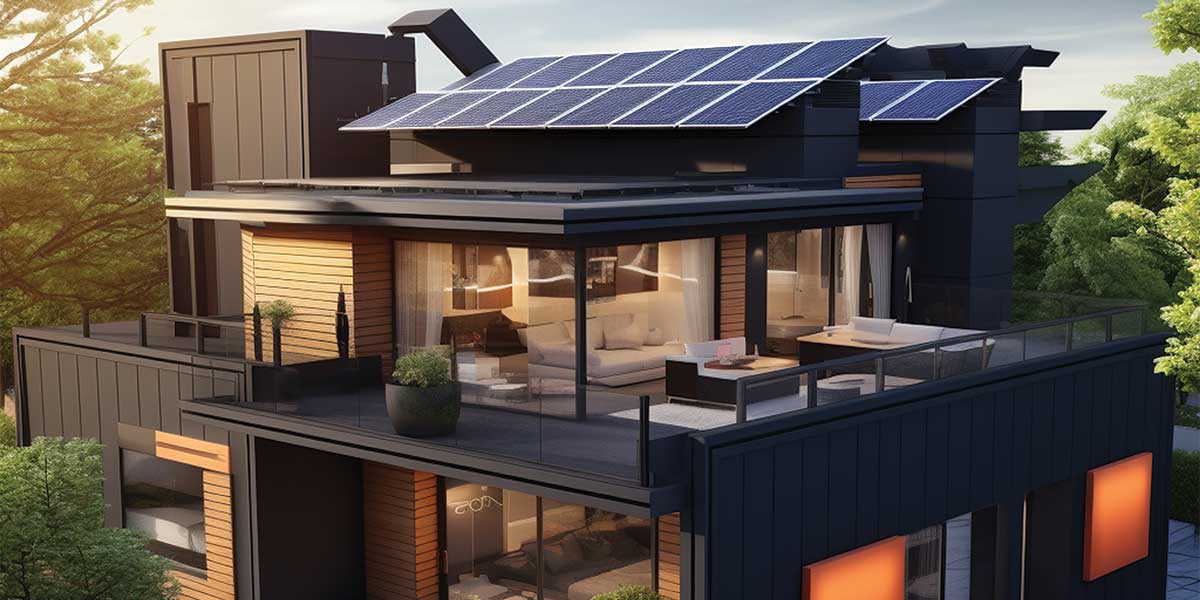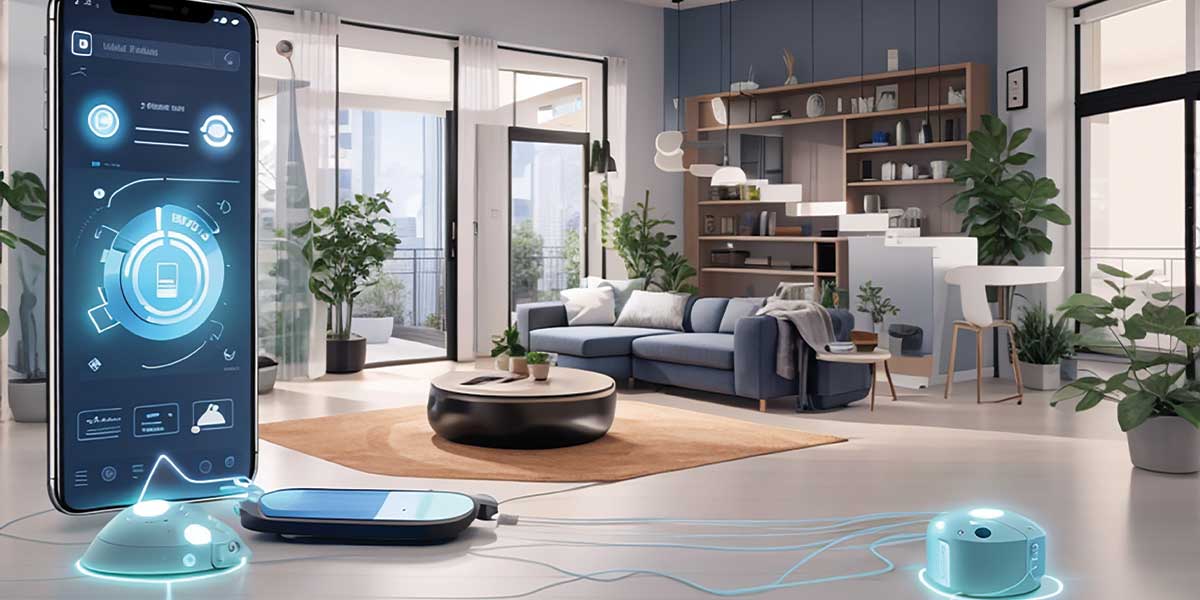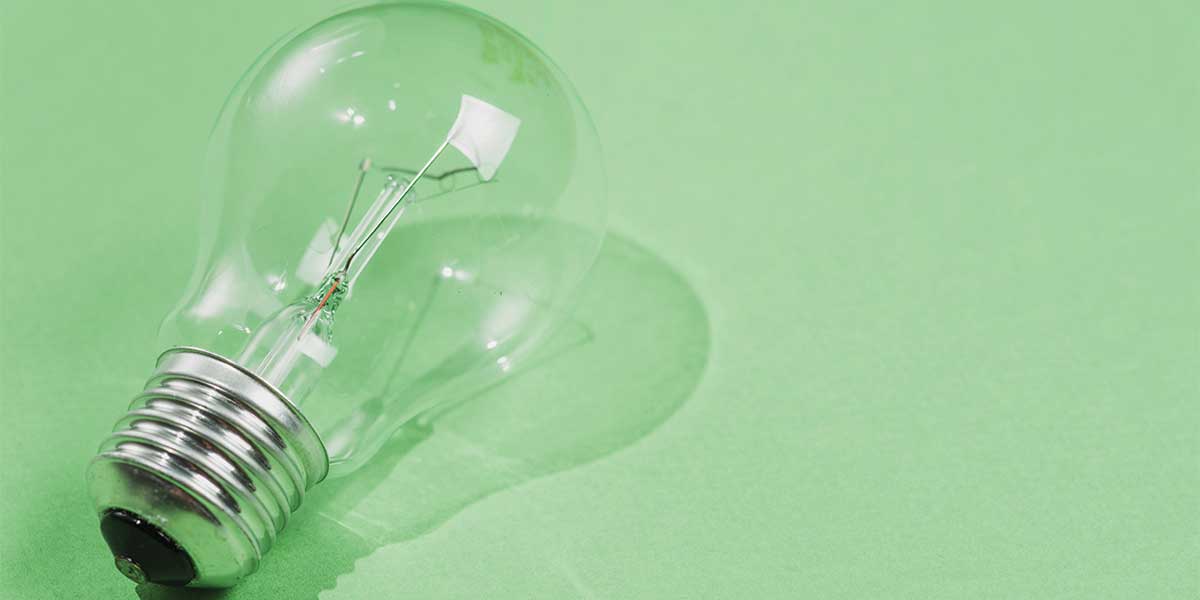A Quick Guide To Saving Energy: Expert Tips for Lowering Your Electrical Bills
In today’s world, energy efficiency is no longer just a choice – it’s a necessity. Whether you’re trying to protect the environment, cut down your carbon footprint, or save a few hundred dollars each year, adopting a mindful approach to energy consumption is the key.
At Expert Electric, we are committed to helping you reduce your electrical bills with practical, actionable insights. This quick guide to saving energy covers everything you need – from simple behavioural tweaks to major energy-efficient upgrades that can transform your home’s performance.
Understanding Your Home’s Energy Consumption
Before we jump into tips, let’s first understand where your energy is going. The majority of home energy consumption is dominated by:
-
Heating and cooling systems
-
Water heating
-
Large appliances (fridges, ovens, washers)
-
Lighting
-
Electronics and standby power
By targeting these core areas, you can unlock substantial savings without sacrificing comfort.
Simple Home Energy Tips
1. Unplug Idle Electronics
Did you know that electronics still draw power when plugged in, even if they’re turned off? This is called phantom load or vampire power, and it can account for up to 10% of your household energy use. Unplugging chargers, TVs, gaming consoles, and computers when not in use is an easy way to reduce waste.
2. Switch to Energy-Efficient Lighting
LED bulbs use up to 80% less energy than incandescent bulbs and last over 20 times longer. For even greater savings:
-
Install motion sensor lights in areas like bathrooms and hallways.
-
Use timers for outdoor lights to prevent unnecessary usage.
-
Opt for task lighting rather than full room lighting when possible.
3. Adjust and Optimize Your Thermostat
Heating and cooling account for nearly half of home energy use. To optimize:
-
In winter, set your thermostat to 20°C (68°F) when awake and lower it while sleeping or away.
-
In summer, set it to 26°C (78°F) and use fans to circulate air.
-
Install a programmable thermostat to automate these changes for consistent savings.
4. Seal and Insulate Your Home
Drafty windows and doors leak conditioned air, making your systems work harder.
-
Seal gaps using weather stripping or caulking.
-
Insulate your attic, basement, and walls to retain temperature.
-
Consider insulated blinds or curtains for additional thermal resistance.
5. Use Appliances Wisely
-
Run full loads in dishwashers and washing machines.
-
Wash clothes in cold water whenever possible.
-
Air dry clothes instead of using your dryer.
-
Use small appliances like toaster ovens or microwaves for quick meals rather than heating your full-sized oven.
Smart Home Technology for Energy Efficiency
Smart Thermostats
These allow remote programming and learning schedules to adjust heating and cooling automatically, ensuring optimal temperatures only when needed.
Smart Plugs
Plugging lamps, chargers, and small appliances into smart plugs lets you schedule or remotely switch them off to prevent phantom load.
Smart Lighting
Wi-Fi enabled LED bulbs can dim or turn off via your smartphone, preventing energy waste when you’re away from home.

Energy-Efficient Upgrades
1. Upgrade to Energy Star Appliances
Replacing old appliances with Energy Star-rated models can significantly reduce your household consumption. For instance:
-
Energy Star refrigerators use 15% less energy than non-rated models.
-
Certified washing machines use 25% less energy and 45% less water.
Learn more about Energy Star products here.
2. Install Energy-Efficient Windows
Energy-efficient windows with Low-E coatings and double or triple panes minimize heat transfer. Benefits include:
-
Reduced heating and cooling costs
-
Improved indoor comfort
-
Lower condensation and UV damage to furnishings
3. Invest in Solar Panels
Although the upfront cost is significant, solar panels can:
-
Reduce your electricity bills by up to 80% over their lifespan
-
Qualify for government rebates or incentives
-
Increase your property’s resale value
Check current Canadian solar rebates here.
4. Upgrade Your HVAC System
Old HVAC systems are notorious energy hogs. Upgrading to an energy-efficient furnace, heat pump, or air conditioner can:
-
Reduce energy consumption by 20-40%
-
Improve indoor air quality
-
Ensure consistent and reliable heating or cooling
Don’t forget regular maintenance like filter changes, duct cleaning, and seasonal inspections to keep systems running at peak efficiency.
5. Install Tankless Water Heaters
Unlike traditional storage tank heaters, tankless systems heat water on demand, saving significant standby energy losses and offering endless hot water.

Additional Tips for Electrical Bill Savings
Conduct a Professional Energy Audit
An energy audit identifies your home’s weakest points. Certified professionals will assess:
-
Insulation quality
-
Air leaks and drafts
-
Appliance performance
-
Lighting efficiency
Find certified Canadian energy auditors here.
Take Advantage of Off-Peak Rates
Many utility providers offer lower rates during off-peak hours. Shift major tasks like laundry and dishwashing to these times to maximize savings.
Educate Your Household
Instilling energy-saving habits across the family amplifies results. Simple rules like:
-
Turning off lights when leaving a room
-
Limiting shower times
-
Keeping windows and doors closed during heating or cooling
…can lead to meaningful reductions.
FAQs – Guide to Saving Energy
Q1. What is the quickest way to reduce my electrical bills?
The fastest method is behavioural – unplug idle electronics and adjust your thermostat settings. These require no investment yet yield immediate savings.
Q2. Are energy-efficient appliances worth the investment?
Yes. Though they have a higher upfront cost, Energy Star appliances often pay themselves off within 2-5 years through energy savings.
Q3. Do smart home devices use energy themselves?
Smart devices do consume small amounts of standby power but their savings outweigh their consumption by automating energy reduction efficiently.
Q4. Will installing solar panels eliminate my electrical bills?
In some cases, yes. Depending on your energy use and solar system size, you can achieve net-zero consumption, though most homeowners still maintain grid connection for backup.
Q5. How often should I get my HVAC system serviced?
It is recommended to service HVAC systems at least once a year, ideally before the peak season, to ensure efficiency and longevity.
Final Thought
Saving energy isn’t about sacrificing comfort – it’s about using what you need efficiently and wisely. Small changes, combined with strategic upgrades, can drastically reduce your energy bills while helping the planet.
At Expert Electric, we’re ready to support you in transforming your home into an energy-efficient haven. Whether you need advice, upgrades, or inspections, our experienced team is just a call away.
Contact Expert Electric
📞 Call Us: 604-681-8338
📧 Email Us: info@expertelectric.ca
Let us help you light the way to smarter energy use today.


